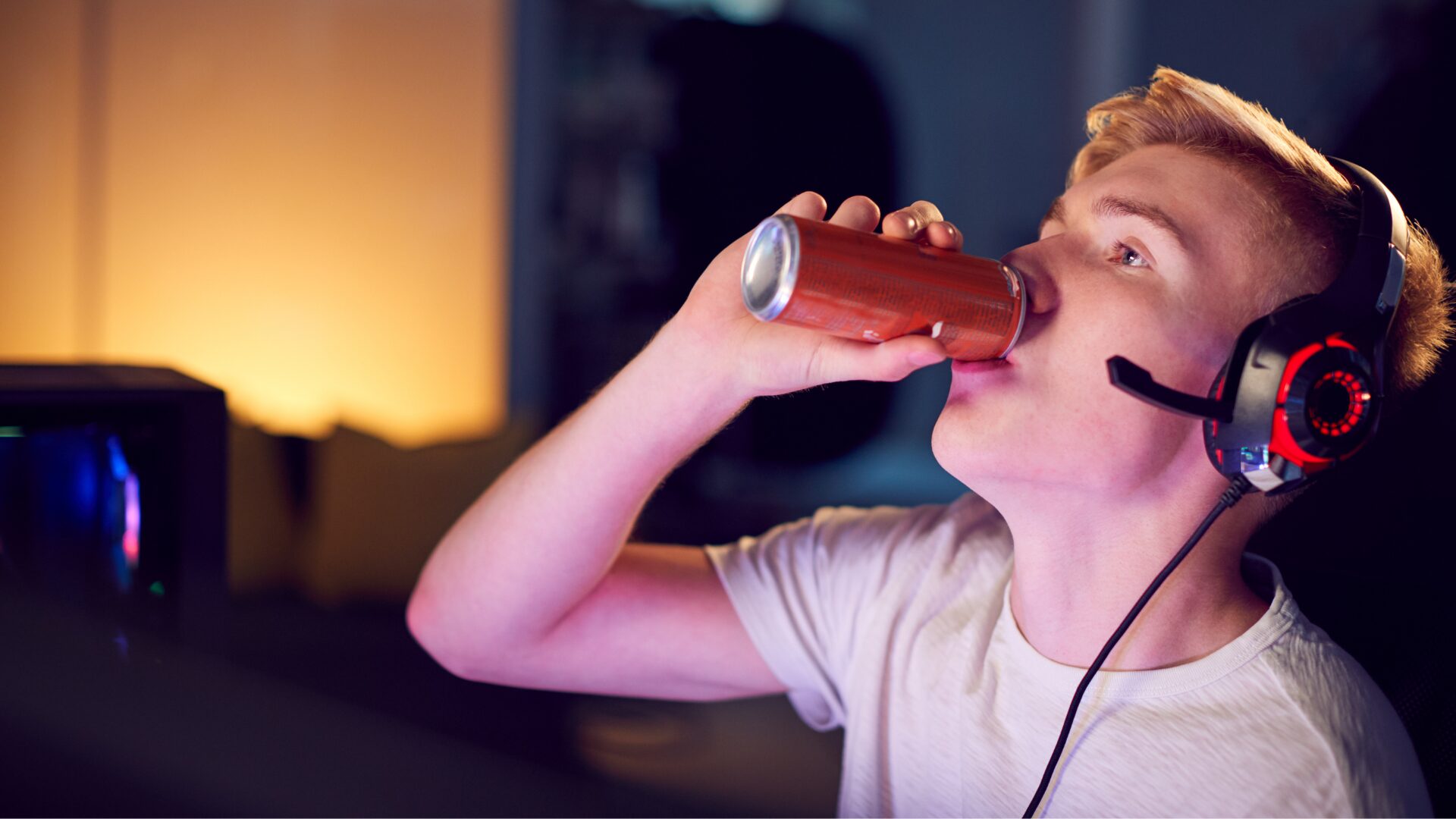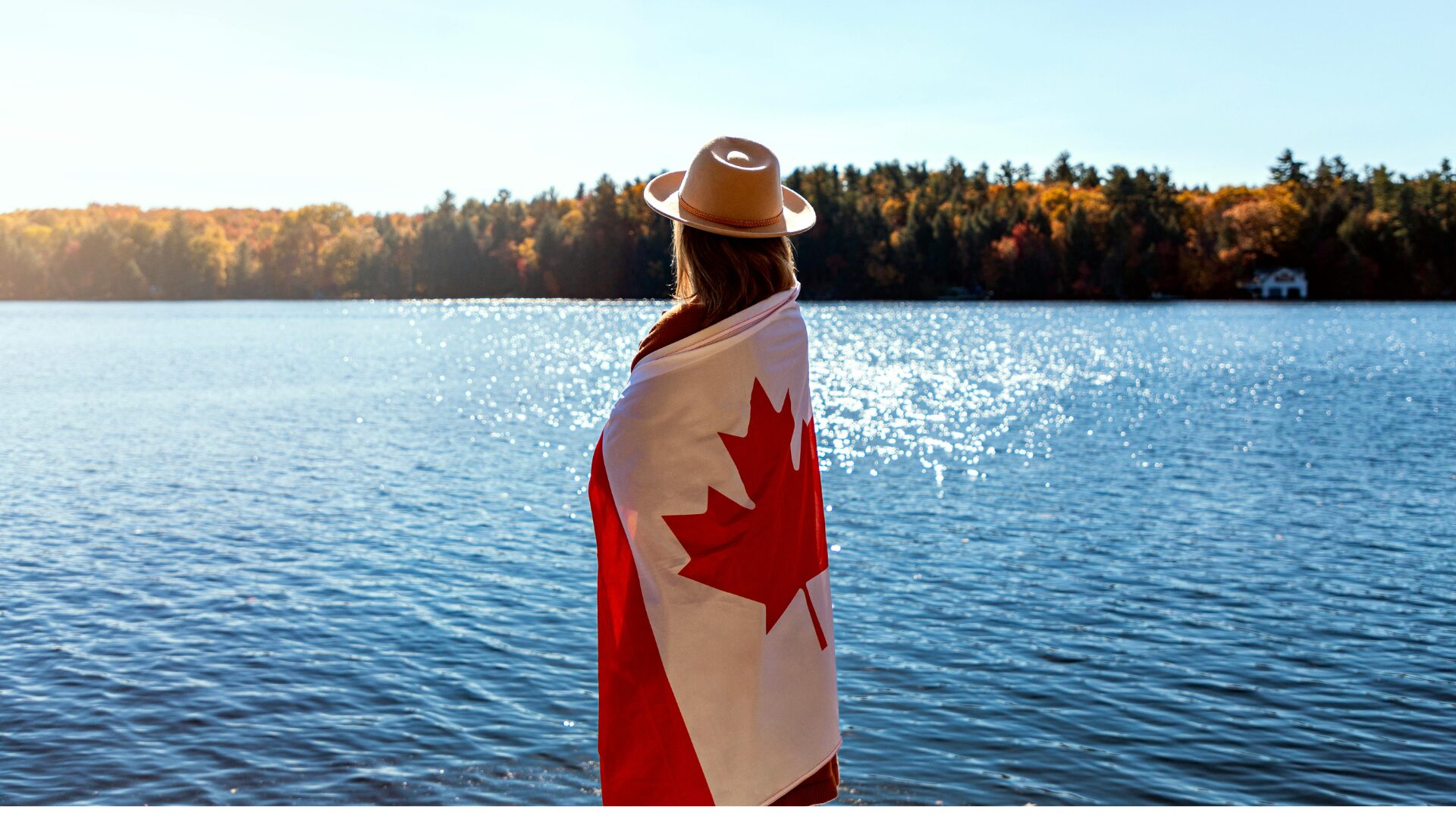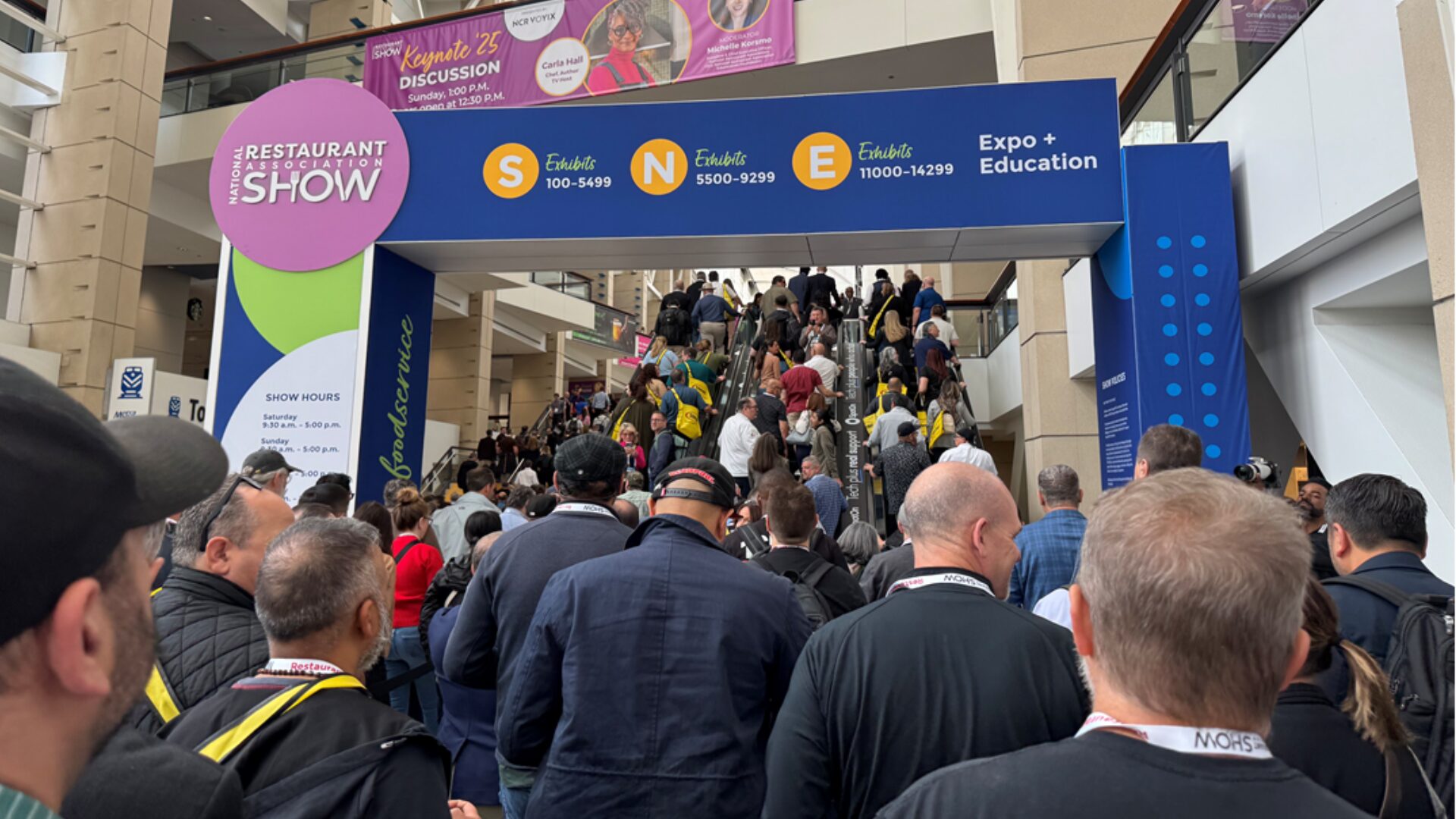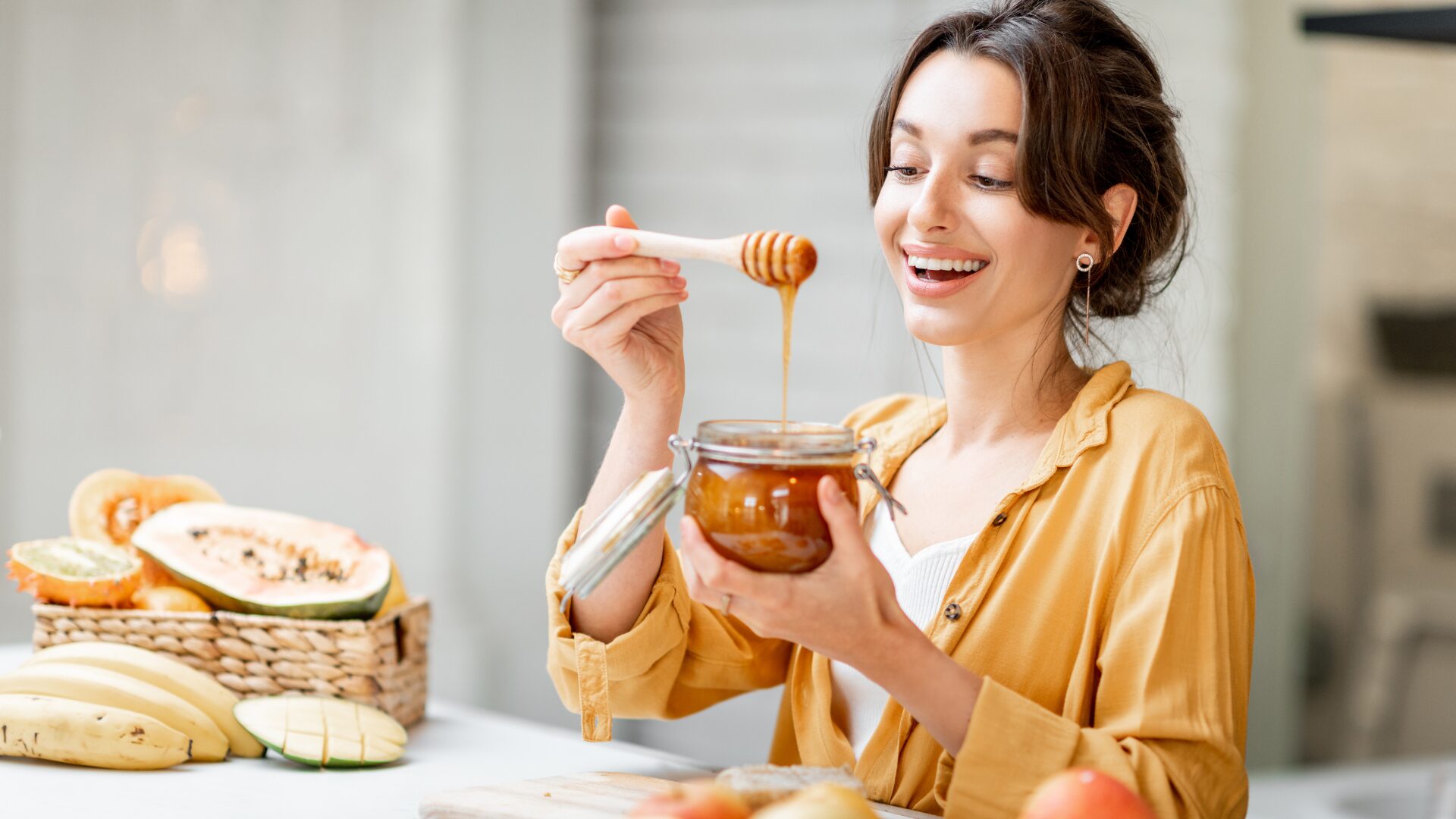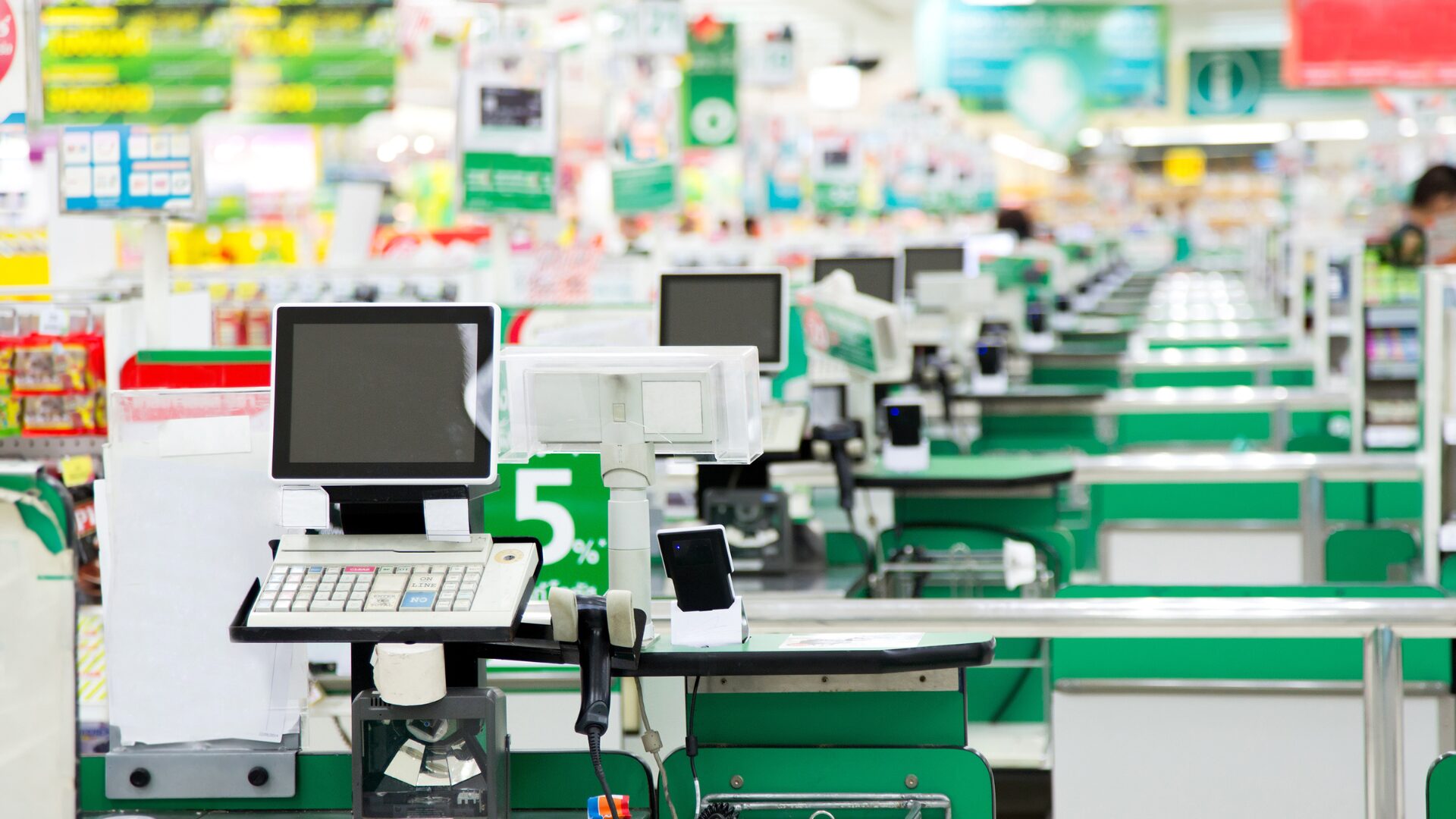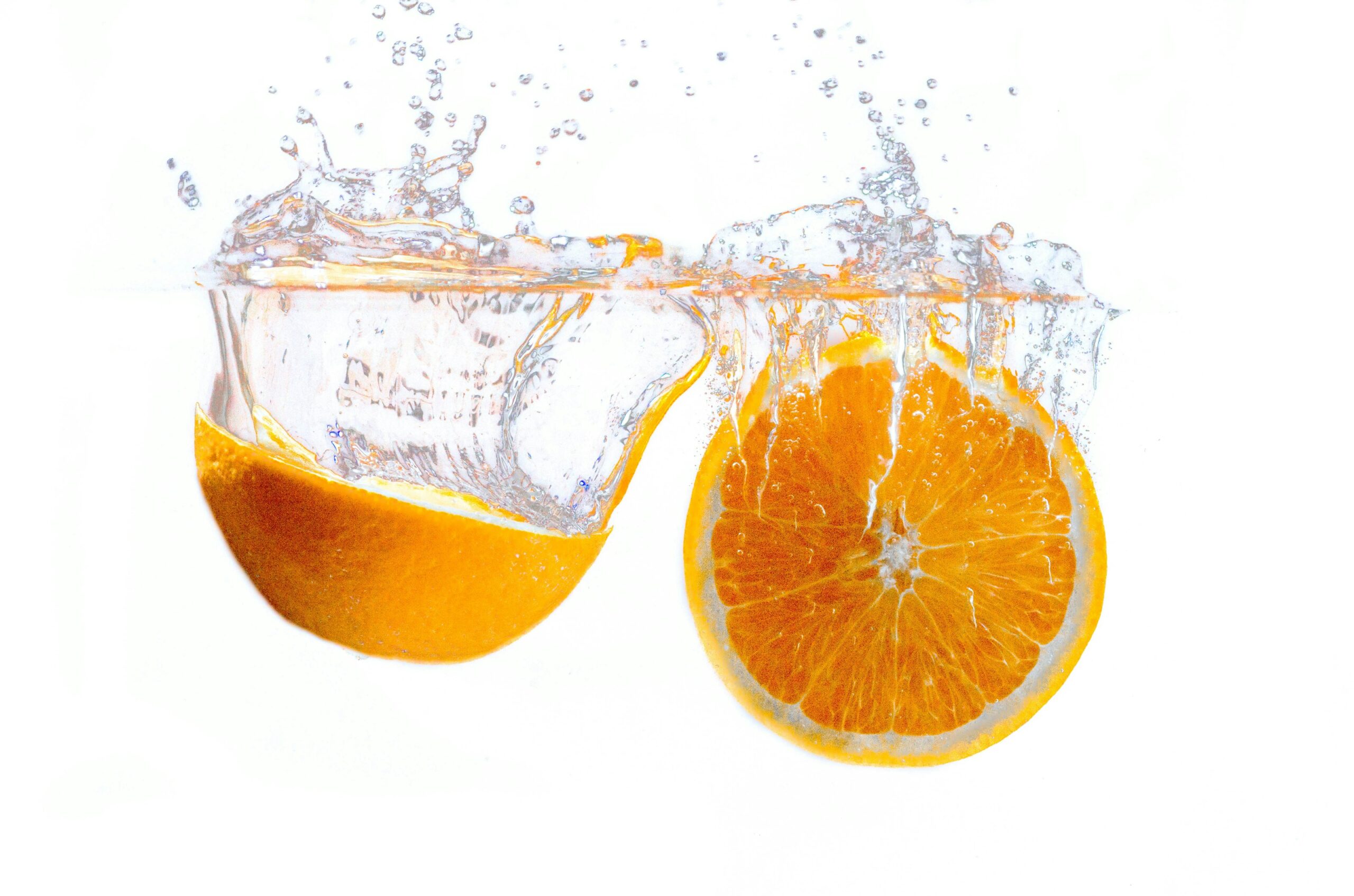Erik Knutson foresees a time soon when Amsterdam-like clubs, where consumers can smoke or drink cannabis-infused products and socialize, will become commonplace in the U.S.
“Cannabis-infused drink sales will continue to expand,” said Knutson, CEO and cofounder of Keef Brands, Boulder, CO. “There is a social-use component to it, so I expect social-use clubs to spring up like the Cannabis Café in Los Angeles, which is our top account.”
The Cannabis Café serves non-infused food along with a menu of cannabis products to smoke and infused beverages to drink. The beverages include Keef Cola and Lagunitas HiFi Hops, a non-alcohol beer infused with THC oil made by Keef.
Consulting company Zenith Global projects the U.S. market for beverages infused with cannabis, CBD, and hemp-derived delta-8-THC products will top $1.4 billion by 2024, up almost 15-fold from the $89 million in sales in 2018. To help companies navigate this new industry, The Food Institute will host a free webinar on April 28 to give an overview of the CBD market, explore potential product opportunities and possible hurdles, and allow attendees to ask experts their CBD questions. To register, click here.
Predicted growth of the market is in spite of some regulatory hurdles, such as FDA not having yet determined safe dosages for CBD in foods and beverages. While hemp is legal, FDA has not approved the sale of CBD-infused foods and beverages, citing safety concerns. But CBD-infused oils, coffees, cookies, and other products are already being sold in the U.S., with FDA only issuing warnings to companies with overt product claims of health benefits on their labels, Knutson said.
Enter Emulsions
The infusion material for the beverages is made by extracting CBD or THC from a cannabis plant and then diluting it with an oil. This material, or emulsion, typically is sent to a beverage company that often uses a co-manufacturer to add the emulsion and blend it, then bottle and label the drinks.
Companies that supply emulsions such as cannabis oils are sprouting up along with the infused-beverage makers. An emulsion is a mixture of two or more liquids in which microscopic liquid droplets are distributed in another liquid (i.e. CBD in oil). The droplets typically are encapsulated by stabilization agents to keep them from degrading when exposed to light or from separating from the other liquid.
Keef is one of the first brands to sell cannabis-infused soda. While it offers CBD-infused drinks, some 90% of sales are infused products with THC, the psychoactive ingredient in cannabis. Keef also provides infused sparkling water and energy drinks, and various CBD oils. The CBD is extracted from hemp.
Since Keef was founded in 2010, hundreds of other companies have joined the market, which makes differentiating products a challenge.
Companies are focusing on solubility of THC and CBD extracts as both tend to be gummy and stick to the sides of cans or separate from liquids. How companies solve solubility and stability can help differentiate their products.
Keef blends its own emulsions in Colorado using sonic waves to break the THC or CBD oils into smaller particles, then uses gum Arabic to stabilize the particles. In other states where it sells products, like California, Keef buys emulsions from partners.
One Size Doesn’t Fit All
A growing number of companies are focusing on manufacturing emulsions.
Vertosa, an Oakland, CA-maker of cannabis emulsions, sells four different types of nanoemulsions. The benefit isn’t only good solubility in CBD-infused beverages. The company claims the small size of the encapsulated CBD allows for better absorption by the body.
“We don’t believe one size fits all,” said Harold Han, PhD, cofounder and chief scientific officer of Vertosa. “There are a lot of details in infusing wine versus coffee and putting it in an aluminum can versus glass bottles. Different situations require different emulsions.”
One example is red wine, which is rich in micronutrient polyphenols.
“We make a commercial emulsion that is not compatible with polyphenols,” said Dr. Han, a chemist who studied emulsion technology in college. “If you want to infuse a dealcoholized red wine, the commercial emulsion won’t work because the polyphenols will sediment to the bottom of the liquid. You need to use another emulsion.”
Dr. Han said beverages need to be stable so the emulsions don’t separate in water or adhere to packaging materials.
For example, aluminum cans are a challenge because they contain a hydrophobic liner that repels water but attracts the cannabis oils.
“The CBD sticks to the side and the drink loses potency. We need a second emulsion just to make it stable,” he noted. “In coffee, soda, or juice you need to make sure all ingredients are compatible.”
Vertosa’s emulsions are used in infused drinks including Vita Coco, Sip Cozy CBD wine, and Good Day CBD cold brew coffee.
Dr. Han said about 10 mg. of CBD in a drink gives the same effect of relaxation as a 12-oz. beer.
Jason Wilson, cofounder of Head Water, Gadsden, AL, makes CBD-infused naturally flavored waters. Head Water extracts the CBD but partners with an outside company, Relyf of Birmingham, AL, to create the CBD oil emulsion. Wilson also owns Back 40 Beer, one of the oldest and largest craft brewers in Alabama.
Relyf uses nanoemulsified CBD that is dried into powdered form to get an accurate dose into the infused beverages. It also uses a surfactant to bind the CBD so it stays in suspension in the emulsion.
Early on, infused-drink labels advised consumers to shake the product well, because the binding technology wasn’t perfected yet, Wilson explained.
“One of the main issues with CBD is oxidation, which makes it lose its effect,” he said. “Our product never sees light during production. We used a stainless-steel double-walled vessel and package the drinks immediately into aluminum cans. It is shelf stable for 12 to 18 months.”
Azuca, a New York City maker of CBD edibles, plans to get into the infused-beverage business soon, said owner Ron Silver, who also owns two restaurants in New York including Bubby’s.
Silver said he created a technology to encapsulate the CBD and THC molecules to make them absorb into the body more quickly. According to Silver, he holds 17 patents on the technology, but declined to discuss in detail. Two patents were granted, he said.
His recommendation for those considering the cannabis business: “It’s fraught with details you need to understand. Do your research before you jump in.”
By Lori Valigra, journalist based in Harrison, ME. Reach her at valigra@gmail.com.


